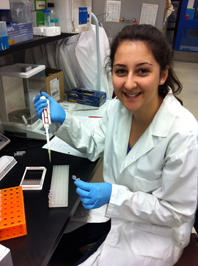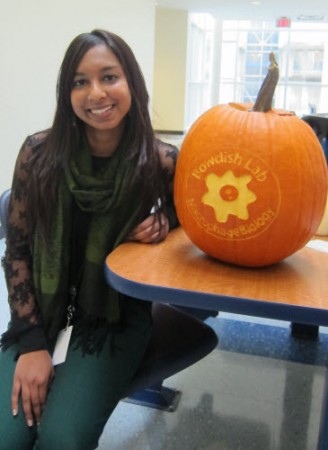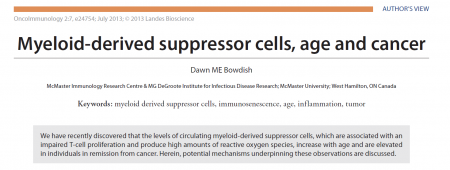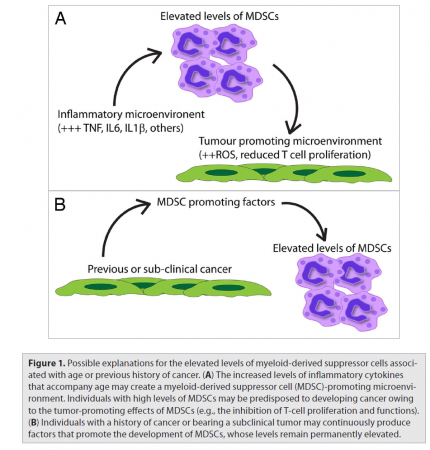As mentioned in an earlier post, Bowdish lab PhD student, Avee Naidoo, won the Fall 2014 CIHR Institute of Aging Anne Martin-Matthews Doctoral Research Prize of Excellence in Research on Aging and is mentioned in the CIHR’s Institute of Aging newsletter!
Tag Archives: aging
Avee Naidoo (PhD candidate) wins the Anne Martin-Matthews Doctoral Research Prize of Excellence in Research on Aging!
Congratulations to Avee Naidoo for winning the Anne Martin-Matthews Doctoral Research Prize of Excellence in Research on Aging! Avee’s work focuses on studying the role of the microenvironment on age and how this affects immune function in the elderly. Her research will help us to understand the mechanisms behind the impaired antibacterial function seen in the elderly, as well as lead to earlier prognosis of individuals at risk of chronic age related diseases.
Avee will be presented her award at this year’s Annual Scientific and Educational Meeting of the Canadian Association on Gerontology in Calgary, Alberta! She will also be a guest judge for the Student Poster Competition at the meeting so bring your A game!
Manuscript:Probiotics: Prevention of Severe Pneumonia and Endotracheal Colonization Trial—PROSPECT: protocol for a feasibility randomized pilot trial
0″ height=”324″ />
Review: Immunosenescence: implications for vaccination programs in the elderly
0″ height=”324″ />
November is Lung Month! The Bowdish lab gets involved with the Breathing As One campaign.
Research in Lung health is not nearly as well funded as it should be considering the toll it takes on patients and our healthcare system. That’s why the Bowdish lab is involved in the Lung Association’s Breathing as One campaign to raise money for lung research. Click on the picture to read the insert that was delivered in a number of newspapers (including our own Hamilton Spectator) to launch the campaign.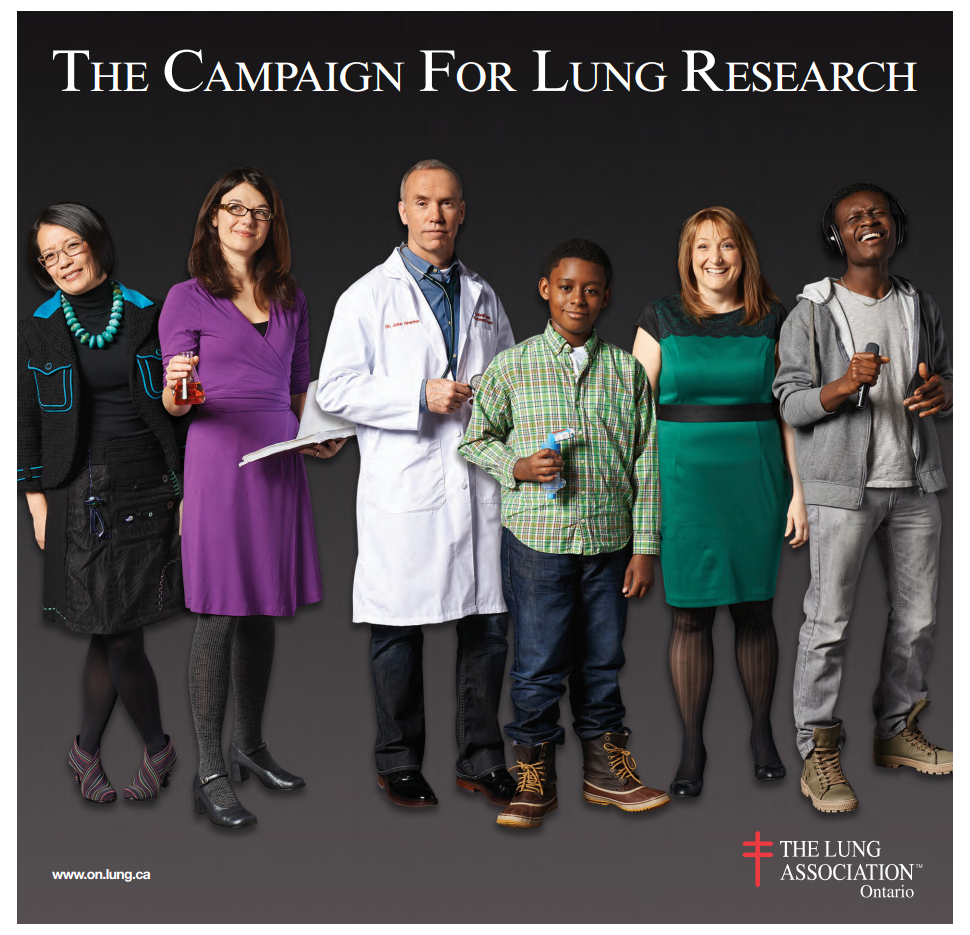
The Bowdish lab is on a roll!
This past month has been very productive in the Bowdish laboratory, with many triumphs achieved by it’s industrious members.
Firstly, a big congratulation goes to Kyle Novakowski, the Bowdish 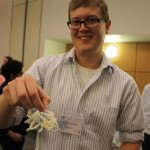 lab’s newest PhD student. Following a lot of hard work, determination and great dedication to his Masters project, Kyle successfully passed his transfer exam on July 7 and has officially begun his
lab’s newest PhD student. Following a lot of hard work, determination and great dedication to his Masters project, Kyle successfully passed his transfer exam on July 7 and has officially begun his seemingly endless exciting pursuit for a PhD. Good luck to Kyle in continuing his interesting investigation on the regulation and function of MARCO!
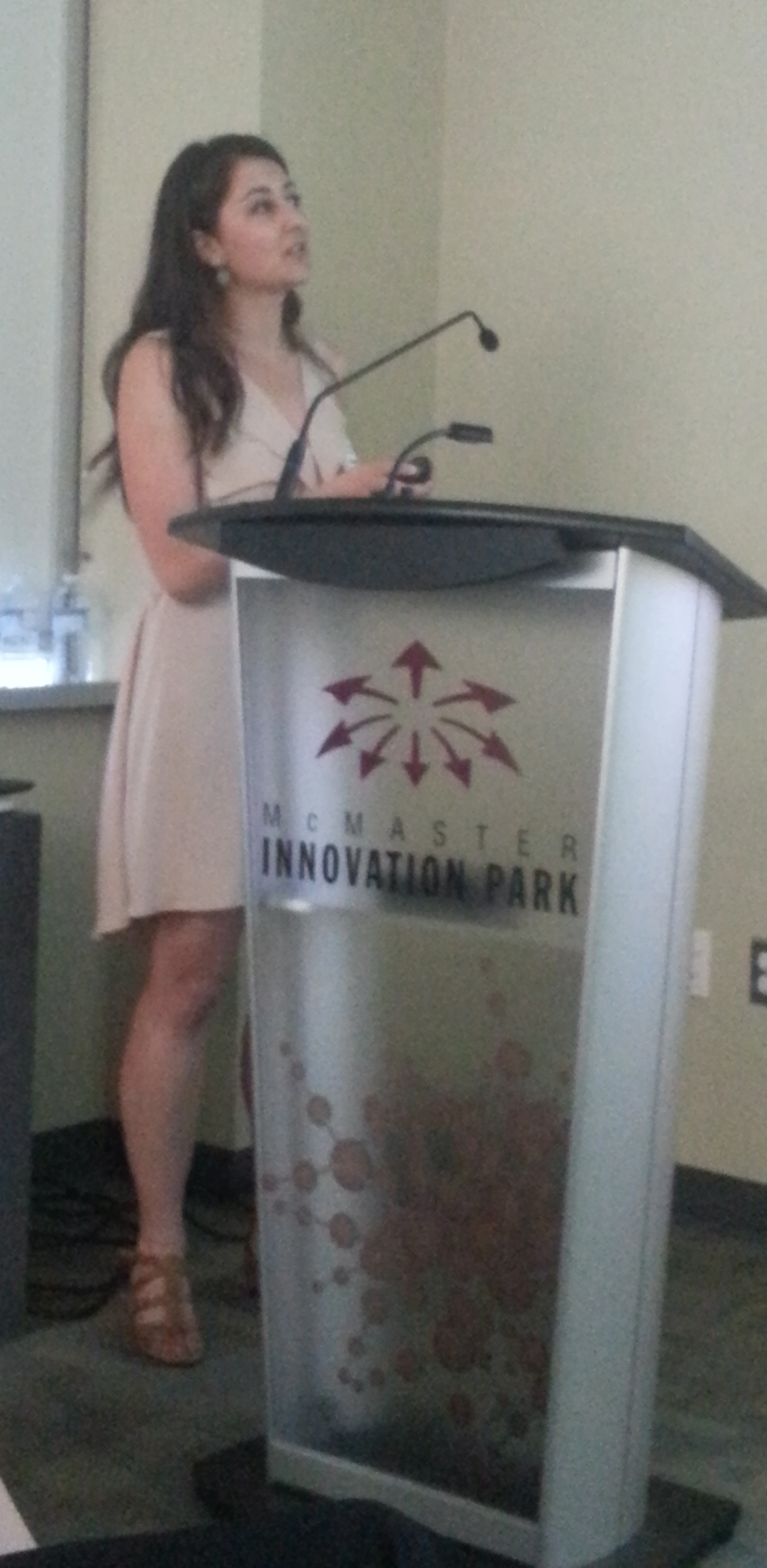
Dessi Loukov presents her undergraduate work in the Bowdish lab at the 1st annual Perey Symposium, convinces everyone she’s a senior PhD student and brings home the Faculty choice award for best speed poster presentation.
Next up is Dessi Loukov, who is currently an undergraduate but come September will be the Bowdish lab’s 4th PhD student. At the 1st annual MIRC Perey Symposium held on June 19, Dessi impressed faculty and trainees with her educational and enthusiastic speed poster presentation on modulating the immune system to potentially reverse age-associated inflammation. Dessi was awarded a travel award as a result of her superb presentation skills. Kudos also to Fan Fei (PhD candidate) and Avee Naidoo (MSc candidate) who gave excellent speed poster talks and Dr. Chris Verschoor who gave an excellent oral presentation. Who knew that research in inflammation could be so exciting? The Bowdish lab, that’s who!
One PhD candidate who deserves great recognition for his recent successes is Mike Dorrington. Not only was Mike awarded with a prestigious and well-deserved Canadian Lung Association & Canadian Thoracic Studentship, but he additionally achieved received The Ruth and Wilson Tafts Prize for Immunology for having the best paper published in a peer-reviewed journal in 2013. Geez Mike, save some awards for the rest of us. These awards will be used to further fund his fascinating work on the role of macrophages – clearly, the best cell around – in recognition and clearance of Streptococcus pneumoniae in the upper respiratory tract. Congratulations Mike!

At the celebration of Mike’s first first author publication. Although Dawn is mostly happy for Mike, she is also slightly nervous that she might be about to lose an eye when the champagne is opened.
Then, there’s Dr. Chris Verschoor, the lab’s most productive and well-rounded member. Chris’ paper entitled, “Alterations to the frequency and function of peripheral blood monocytes and associations with chronic disease in the advanced-age, frail elderly“, was recently accepted into the PLoS one. If you’re interested in changes in monocyte populations with age – I mean, who isn’t? – keep a look out for Chris’ article in the next issue of PLoS one . Way to go Chris on this well-deserved publication!
<- Manuscipt accepted = happy post-doc.
And last, but definitely not least, the lab takes great pleasure in congratulating our passionate leader, Dr. Dawn Bowdish, who has been awarded tenure and a promotion to Associate Professor effective as of July 1, 2014. This accomplishment is a fitting acknowledgement of Dawn’s exceptional work, devotion and academic contributions to research in the field of macrophage biology. In addition to her promotion and tenure, Dawn recently received a Best Teacher Award in the Department of Pathology for excellence in undergraduate teaching and graduate supervision. Well-done Dawn!
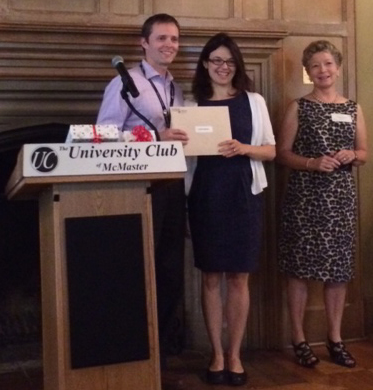
Dawn receives the Pathology & Molecular Medicine Department’s best teacher award for her undergraduate and graduate supervision. Dr. Murray Potter, the education co-ordinator and Dr. Fiona Smaill, the chair, present her with the award.
Congratulations Bowdish lab on our successes!
Way to kill it, like young macrophages on pneumo 😉
Avee Receives a Prestigious CIHR Banting & Best CGS Scholarship
A long overdue congratulations to Avee Naidoo(MSc candidate) for receiving the Frederick Banting and Charles Best Master’s Canada Graduate Scholarship (CGS) from the Canadian Institutes of Health Research (CIHR).

The award funds Avee’s research examining age-associated inflammation, impaired macrophage function and disease susceptibility in the elderly.
Way to go Avee!
Funding from the province of Ontario supports two new graduate students!
Bowdish lab receives funding from the province of Ontario to train two new graduate students! Avee Naidoo (MSc) and Dessi Loukov, who will be starting a PhD in Sept 2013, will be studying how age-associated inflammation predisposes older adults to pneumonia.
For full details on the award for Dawn’s proposal “Interplay between inflammation and impaired anti-bacterial immunity in the elderly.”
http://iidr.mcmaster.ca/IIDR-news/ERAs-2014.html#.UzXGj_ldWSo
Whelan et al. The Loss of Topography in the Microbial Communities of the Upper Respiratory Tract in the Elderly. Ann Am Thorac Soc. 2014 Mar 6.
Whelan FJ, Verschoor CP, Stearns JC, Rossi L, Luinstra K, Loeb M, Smieja M, Johnstone J, Surette MG, Bowdish DM. The Loss of Topography in the Microbial Communities of the Upper Respiratory Tract in the Elderly. Ann Am Thorac Soc. 2014 Mar 6.
This paper describes how the microbial communities of the anterior nares and nasopharynx change between adults and the elderly.
“Myeloid-Derived Suppressor Cells, Age & Cancer” 2013. Oncoimmunology.
Dr. Bowdish discusses the implication of our Verschoor et al publication “Blood CD33(+)HLA-DR(-) myeloid-derived suppressor cells are increased with age and a history of cancer.” in studies of aging and cancer in the below commentary.
Click image for .pdf.
This is an open access publication so please feel free to use the following image in presentations/publications providing that it is properly referenced.




